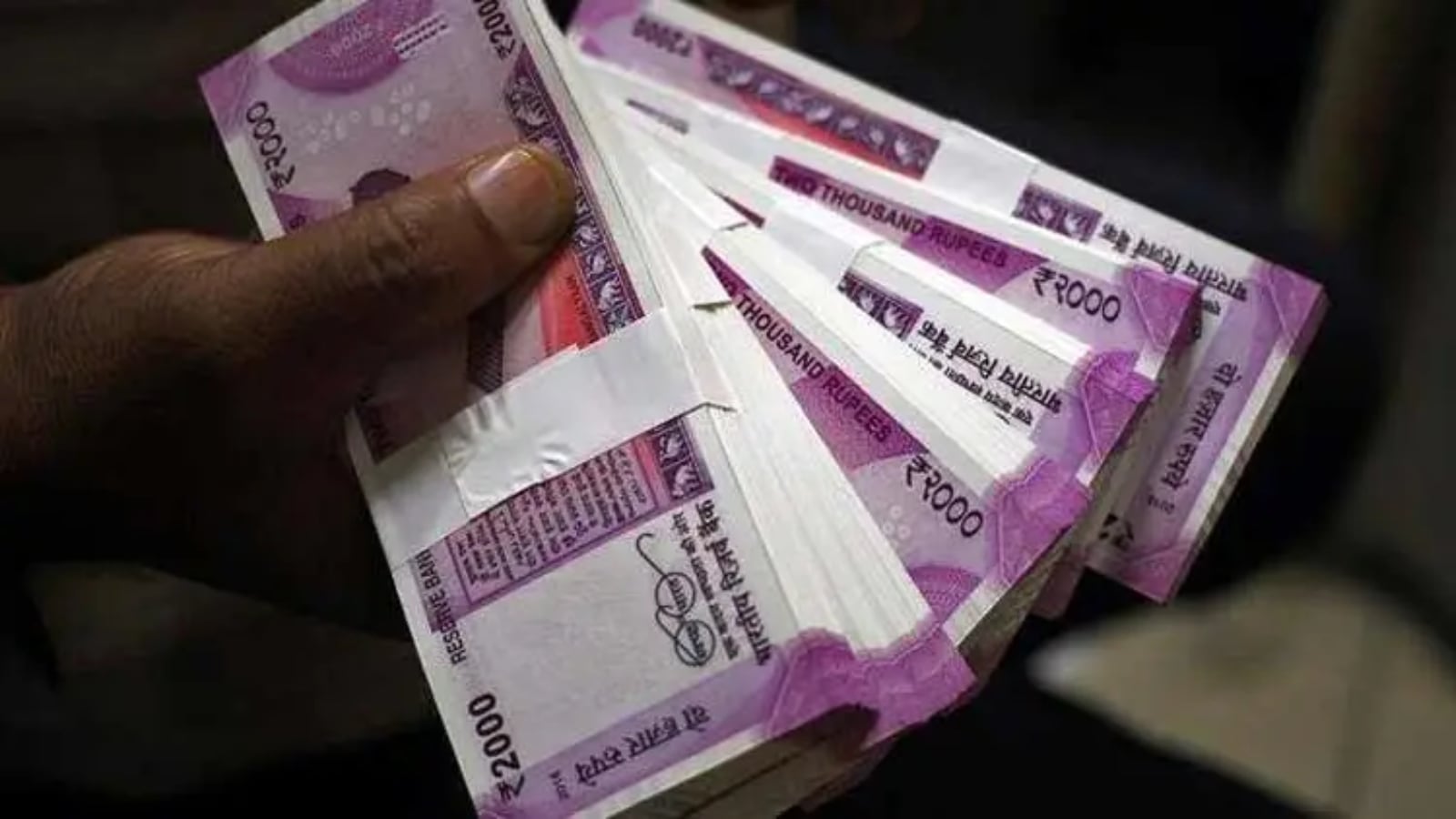Stay updated with the latest - Click here to follow us on Instagram
What is the 8th Pay Commission, approved by Union cabinet?
8th Pay Commission Benefits for Government Employees, Pensioners: Since 1947, seven Pay Commissions have been constituted, with the last one constituted in 2014 and implemented on January 1, 2016.
 A Pay Commission, set up by the government of India, decides the salary and compensation of Central government staffers and allowances of pensioners. (Express File Photo)
A Pay Commission, set up by the government of India, decides the salary and compensation of Central government staffers and allowances of pensioners. (Express File Photo)The Union Cabinet Thursday approved the implementation of the 8th Pay Commission to revise salaries of nearly 50 lakh central government employees and allowances of 65 lakh pensioners. The 8th Pay Commission will not only lead to increased salaries of Central government employees but also have revised Dearness Allowance (DA).
The decision to set up the 8th Pay Commission was taken by Prime Minister Narendra Modi, Information and Broadcasting Minister Ashwini Vaishnaw said.
While he confirmed that the approval for 8th Pay Commission for Central government employees, the exact date for its setup has not been announced yet. “The Prime Minister has approved the 8th Central Pay Commission for central government employees,” the minister said. The chairman and two members of the Commission will be appointed soon, Vaishnaw added.
Since 1947, seven Pay Commissions have been constituted, with the last one constituted in 2014 and implemented on January 1, 2016. The 7th pay commission saw an expenditure increase of Rs 1 lakh crore for fiscal 2016-17.
What is 8th Pay Commission?
A Pay Commission, set up by the government of India, decides the salary and compensation of Central government staffers and allowances of pensioners. The 8th Pay Commission will recommend revisions in the salary and pension structure of the beneficiaries, resulting in a hike in the remuneration and allowances.
Who will benefit from the 8th Pay Commission and why is it important?
There are over 49 lakh central government employees and nearly 65 lakh pensioners, news agency PTI reported.
As the 7th Pay Commission’s term concludes in December 2025, initiating the process now ensures sufficient time to receive and review recommendations before its completion, Vaishnaw said. He further said the setting up of the new Pay Commission in 2025 will ensure that its recommendations are received well before the completion of the term of the seventh pay panel.
Vaishnaw said consultations will be held with central and state governments and other stakeholders.
Pay commissions consult with central and state governments, along with other stakeholders, before recommending salary structures, benefits, and allowances for government employees. Their recommendations are often adopted by state-owned organisations.
The implementation of the pay commission’s recommendations results in increased consumption and economic growth, with an improved quality of life for government employees. Generally, every 10 years, the central government implements a pay commission to revise employee remuneration.
The commission also suggests formulas for revising dearness allowance and dearness relief for central government employees and pensioners, aiming to offset the impact of inflation.
Key Changes introduced by the 7th Pay Commission
Since 1947, seven Pay Commissions have been constituted, with the last one constituted in 2014 and implemented on January 1, 2016. The 7th pay commission saw an expenditure increase of Rs 1 lakh crore for fiscal 2016-17.
Under the 7th Pay Commission, employee unions had demanded a fitment factor of 3.68 for salary revision of employees but the government set the fitment factor at 2.57. The fitment factor is a multiplier used for calculating salaries and pensions.
Based on the fitment factor revision, the minimum basic pay for central government employees rose to Rs 18,000 per month, up from Rs 7,000, registering a 2.57-fold increase. Likewise, the minimum pension of retirees increased from Rs 3,500 to Rs 9,000. The maximum salary of serving employees was revised to Rs 2,50,000 and the maximum pension was fixed at Rs 1,25,000, taking into consideration the fitment factor of 2.57.
The Union Cabinet’s approval of the 8th Pay Commission came just days before the 2025 Budget announcement.
(With inputs from PTI)







